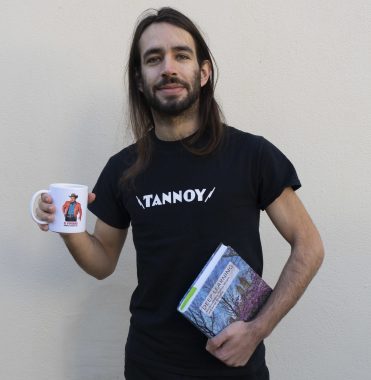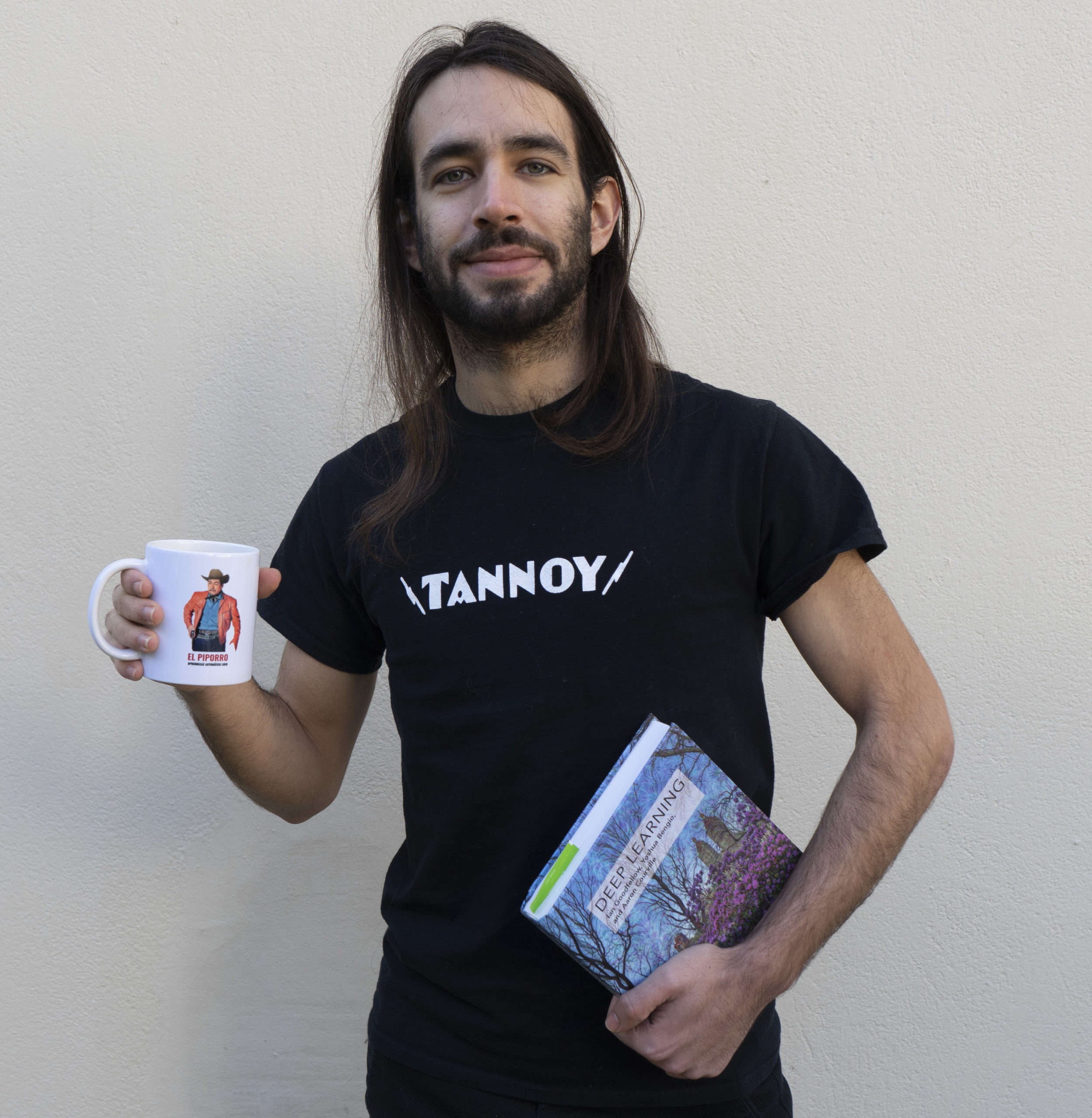Since the first appearance of the producers in the music industry during the first half of the past century, their role has changed significantly. The wide dissemination of production-related knowledge to members of the industry coupled with the common availability of DAWs have blurred the line between producer and musician, audio engineer and composer; in recent decades, these once-separate jobs have become cross-discipline. It must be said, that this melding of roles could not have occurred without the impact of significant technological change. Breakthroughs in digitalization, storage and computation power have allowed any user to concentrate and manipulate a range of audio information in a highly accessible, time-space-condensed form, which can be easily manipulated through a variety of technology such as mixing consoles, DAWs, effect units, synthesizers, and other technologies. Each of these innovations has added an entirely new palette of sonic ingredients and tastes, taking the music production process to a higher level of creativity. My research at CSL focuses on the wealth of intuitive, interactive tools that Deep Learning can bring into this musical dimension.




